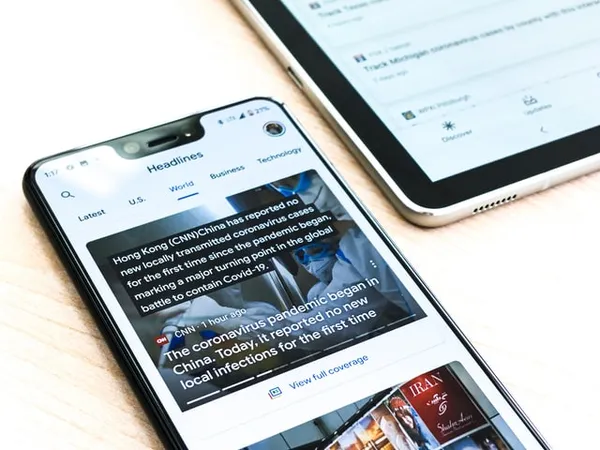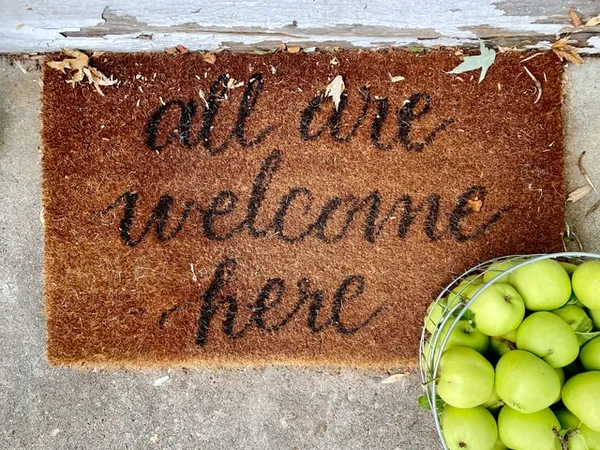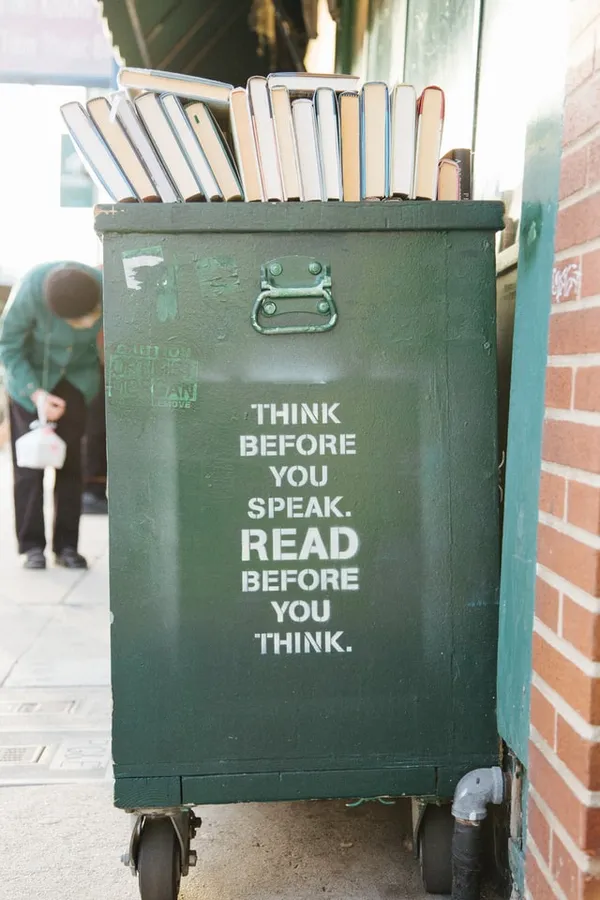Navigating Online Hate
This blog post is associated with episode five of the podcast. Jean Yoon (kireiautumn) and I explore her journey as a Twitch streamer and how she navigated online hate.
When I was deciding on how to discuss this topic, the first keyword that came to mind was “cyberbullying.” Cyberbullying, or online harassment, is a concept I learned when I was around 13 years old. During that time, Facebook and YouTube began to surge in popularity and I was introduced to the digital world. At school, we were taught to be careful about the type of information we shared online and who we were interacting with. I remember being told that we cannot trust people online because it could be a 50-year-old man posing as a 12-year-old girl who has ulterior motives that can put you in danger. On BullyingCanada, they provide some resources followed by a photo of a young girl, which further emphasizes the notion that adults grow out of it and do not experience cyberbullying. However, these cases are not as common when compared to everyday microaggression and online hate that people can experience, no matter what age. Now, it might look like racist and discriminatory jokes or comments about how you look. Claire Wang writes about institutionalized racism and how normal it was to make jokes about different ethnicities. She also stresses that mainstream comedy did not begin to change until the recent hate crimes, which has shed light on the lack of awareness in these matters.
When we think about cyberbullying or bullying in general, it’s only considered bullying if it happens to us directly. What many of us do not realize is that bullying can also happen indirectly. While the day-to-day internet user might not encounter racist remarks directly on a regular basis, they might scroll through YouTube, Reddit, Instagram, or Facebook and come across these kinds of comments. Just because someone didn’t explicitly send you a message making fun of how you look doesn’t mean you don’t get impacted by things like passive-aggressive comments or seeing people talk poorly about your culture.

The Canadian Government references a 2008 article that notes that among adults, 38% of males and 30% of females reported experiencing occasional or frequent bullying during their school years. Keep in mind that most people do not report bullying for fear of getting harassed even more or being viewed as weak and that individuals are already experiencing bullying at a young age. The amount of cyberbullying I see is astronomical because there’s no barrier to entry and anyone with an internet connection and device can do it. There is minimal to no feedback from individuals who are affected, so people are much more likely to continue being hateful without consequences. Now, with the rise of social media, it is even more convenient for individuals to hide behind their devices and engage in online behaviour that could be damaging to others. Specifically, below are some statistics about cyberbullying in Canada:
With more than four billion people using networking and social media platforms like Facebook and Instagram, where comments are visible and likes are counted, they can impact users negatively when they encounter destructive and hurtful messages. It can be easy to mindlessly scroll through your newsfeed and see things like news (most of which are negative) about COVID-19 and hateful crimes or even feeling low when you see the success of a friend and you begin to compare yourself. More research is surfacing that links social media usage with symptoms of depression and anxiety because of the constant amount of media that people are consuming. In some instances, cyberbullying is obvious but it could look like passive-aggressive comments that are fleeting. I’ve experienced some of these moments when I am playing video games online with voice communications and I have a lot of anxiety and nervousness deciding if I should speak for convenience or type out of fear of being harassed. While I have experienced some harassment online, I am lucky to be surrounded and usually playing with a group of friends who make me feel protected. However, I know this is not the case for many and it’s frustrating that feeling safe online is the norm for people.

The University of Pennsylvania released a study in 2018 that noted that the less time people spend on social media, the fewer symptoms of depression and loneliness they felt. While it comes as no surprise that limiting social media usage can improve mental health for a variety of reasons such as not comparing yourself with others, seeing less negativity, and not reading through hurtful comments, it’s also a way to stay connected. In my previous blog post about my experiences on quitting social media, I shared strategies like removing apps from your home screen and logging out of your account after each usage to create barriers to access your apps. This is helpful because when you are forced to type in your password or use Two-Factor Authentication, it takes more time and effort. It also prompts mindfulness and awareness as you are consciously working to access your apps. Other strategies you could consider include:
As we continue to spend more time online, we’re more likely to come across negative comments that directly and indirectly impact us. Now, more than ever, we must work collectively to create positive spaces online.
